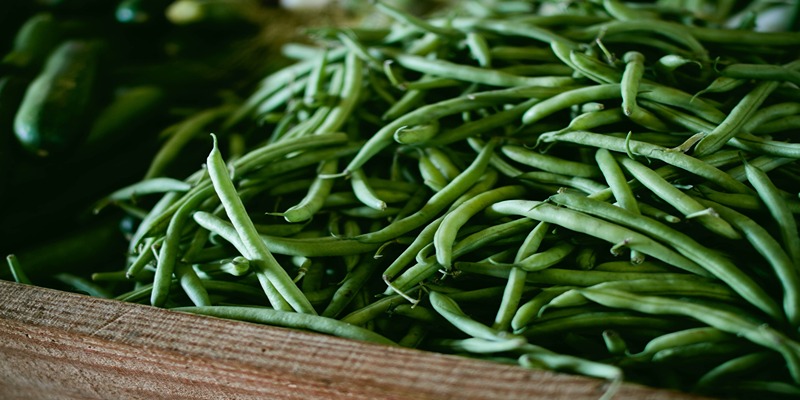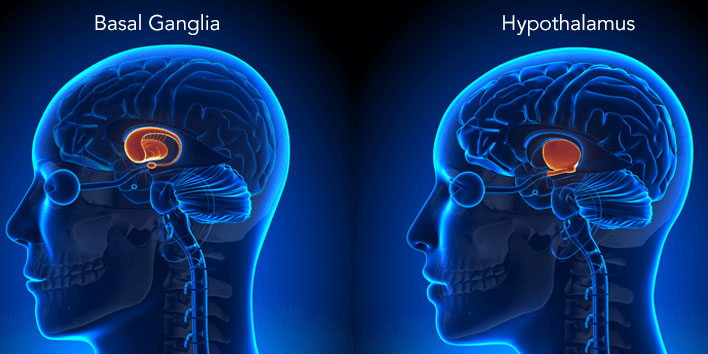Green beans, a staple in many diets, hold a notable position in the nutritional realm. These slender, green pods, known scientifically as Phaseolus vulgaris, are a powerhouse of essential nutrients. Rich in fiber, vitamins, and minerals, they contribute significantly to a balanced diet. Their low-calorie content makes them a favored choice among health-conscious individuals. This article aims to explore the nutritional profile of green beans and their role in fostering health and wellness. We will highlight their benefits, culinary versatility, and how they complement various dietary needs, highlighting their importance in a nutritious diet.

Green Beans Nutrition: A Detailed Analysis
Nutrient Composition of Green Beans
Despite their prominence in conversations about nutrient-dense meals, green beans are sometimes overlooked despite their impressive nutritional profile. There are few calories and many essential nutrients in only one serving. Dietary fiber, which is crucial for digestive health and regular bowel movements, is a major component of their makeup. Although the amount of protein is lower than in other legumes, it is still there and helps with muscle growth and repair. Green beans, because of their complex carbohydrate composition, provide a consistent stream of energy. These beans are great for controlling your weight since they are almost fat-free.
Vitamins and Minerals Present in Green Beans
Green beans are an excellent source of vitamin K, which is essential for healthy blood clotting and bones. They are rich in vitamin C, an antioxidant that promotes healthy skin and immune system function. Carotenoids, a type of vitamin A, are also present and are particularly noteworthy because of their importance for immune system function and eyesight.
Manganese, found in abundance in green beans, is a mineral that is critical for enzyme activity and bone growth. They provide iron, which is essential for the transfer of oxygen in the blood; however, the absorption of iron from plant sources is lower than that from animal sources. The magnesium in these beans is involved in more than 300 enzyme processes, some of which include the synthesis of energy and the proper functioning of the nervous system. On top of that, they are low in potassium and calcium, two minerals that are good for your bones and blood pressure, respectively.
Health Benefits of Green Beans
Role in Chronic Disease Prevention
Many people find that eating green beans helps them from developing chronic diseases. Their high fiber content helps keep cholesterol levels in a healthy range by decreasing the absorption of cholesterol from food. As a result, the likelihood of developing cardiovascular disorders, such as heart disease and stroke, is reduced. Furthermore, green beans' antioxidant content (including vitamin C and flavonoids) aids in the fight against oxidative stress and inflammation, which in turn lowers the chance of developing chronic diseases like diabetes and cancer.
In addition, green beans' high vitamin K content helps keep bones healthy, which is particularly important for the elderly by lowering their risk of osteoporosis and fractures. The carotenoids, which include lutein, zeaxanthin, and beta-carotene, help keep the eyes healthy by warding off cataracts and age-related macular degeneration.
Green Beans for Digestive and Heart Health
Because of the fiber they contain, green beans are well-known for helping with digestion. Consuming fiber on a daily basis helps with constipation and keeps your gut microbiota in good shape. If you're trying to control your weight or have diabetes, green beans are a good option since their complex carbs provide you energy without causing your blood sugar to surge suddenly.
Folate, a form of vitamin B9, is essential for cardiovascular health and is present in green beans. Reduced risk of cardiovascular disease is associated with reduced homocysteine levels, which foliate aids in lowering. Green beans are a great source of potassium, a mineral that is essential for controlling blood pressure and keeping the heart healthy.

Nutritious Green Beans in Daily Diet
Integrating Green Beans into Meals
An easy and efficient strategy to enhance your nutritional intake is to include green beans in your everyday meals. These colorful legumes may be cooked in a variety of ways to accommodate different tastes and dietary restrictions. If you want to make green beans into a side dish that goes well with your main meal, try steaming or blanching them and then flavoring them with a little olive oil, garlic, and parmesan cheese. If you're in the mood for stir-fry, try using green beans. They'll give your dish a welcome crunch and pop of color while also going well with many other types of sauces and meats. Blanched green beans provide a crunchy texture and a lot of fiber to salads, which is perfect for salads made in the Mediterranean style. A delicious and healthy side dish may be made by roasting green beans with almonds and balsamic vinegar. Soups and stews may also benefit from their substantial presence, which adds depth and flavor.
Creative and Healthy Green Bean Recipes
Discovering new and nutritious ways to prepare green beans allows you to enjoy the many culinary advantages of these adaptable legumes. If you're looking for a dish that combines green beans with sliced almonds, garlic, and a hint of lemon juice, you may want to give Green Bean Almondine a try. By coating them in a light batter and baking them until crispy, green beans become a healthy snack that tastes just like fries—a treat you can enjoy without feeling guilty. Use fresh green beans, make a homemade mushroom sauce, and top it with crispy onions to make a meal that will wow everyone. It's a spin on the traditional green bean casserole. A second enticing choice is the Green Bean Pesto Pasta, which combines your preferred pasta with blanched green beans and pesto sauce for a colorful and refreshing twist. Lastly, for a colorful and savory side dish, try making a Green Bean and Tomato Medley. Just mix some green beans with some sweet cherry tomatoes, some aromatic basil, and a splash of balsamic glaze. Not only will these innovative recipes take your cooking to the next level, but they will also add flavor and nutrition to your green bean diet.
Green Beans for Special Diets and Health Conditions
Green Beans in Weight Management Plans
Green beans are an excellent tool for those who are trying to control their weight. While providing a sufficient amount of fiber, these legumes are very low in calories. A hearty serving of green beans, with their low-calorie and high-fiber content, may help control hunger pangs and keep you from going overboard. In addition, the complex carbs in them release energy steadily, so there won't be any sudden bursts of energy that can cause cravings. To make green beans a healthy and flexible part of weight loss programs, cook them without too many additional sugars or fats. They will help you feel full without sacrificing flavor or nutrients.
Suitability for Diabetic and Gluten-Free Diets
As an adaptable food item, green beans may accommodate a wide range of dietary needs. Because of its low glycemic index, green beans have little effect on blood sugar levels in diabetics. They are a good option for those who want to keep their blood sugar levels steady since their complex carbs are digested slowly, which causes blood glucose levels to rise gradually. For those who are gluten intolerant or celiac, green beans are a safe option since they do not contain gluten. Green beans are a great way to add flavor and nutrition to diabetic and gluten-free meals without sacrificing health objectives. They are nutrient-rich and filled with fiber.
Conclusion
To a more all-encompassing strategy for health and well-being, green beans are an outstanding complement. Their nutritional content, which includes a lot of fiber and important vitamins and minerals, is crucial for health promotion. Green beans provide several health advantages, including assisting in the prevention of chronic diseases, promoting digestive health, and improving heart function. In light of all the benefits they provide, it's clear that green beans should be a staple in everyone's diet. Incorporate green beans into your diet for a tasty and nourishing boost to your health.




